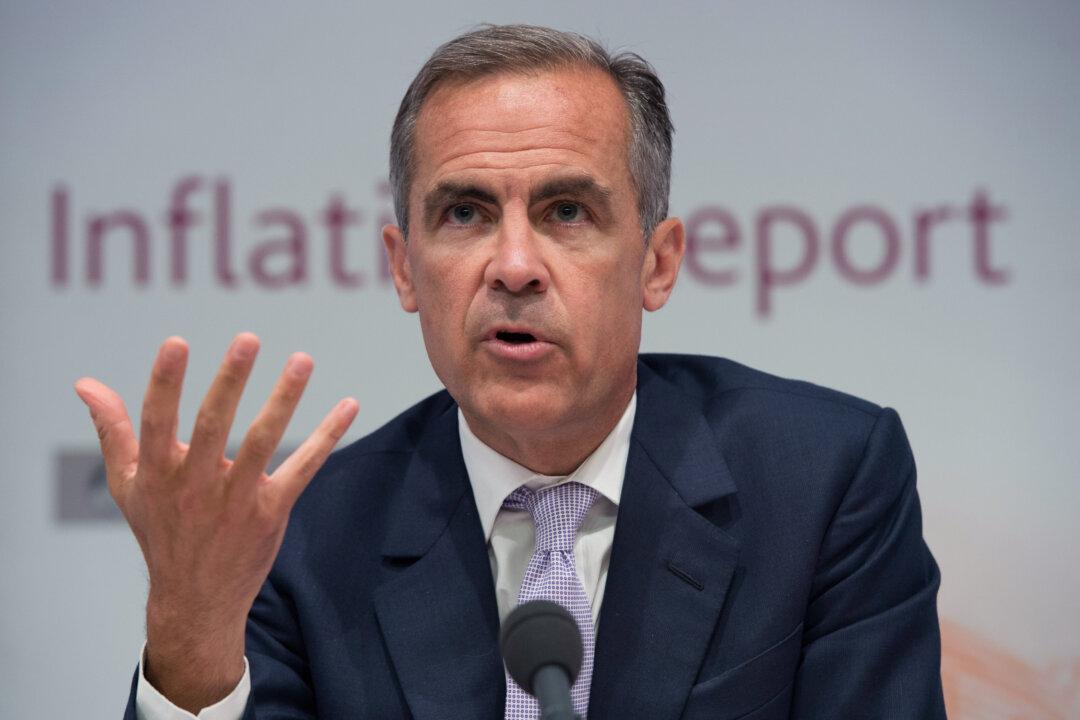The Bank of England has entered the EU referendum debate. Its report, along with comments from Gov. Mark Carney, emphasize the benefits that membership of the EU brings the U.K. Carney said membership makes the U.K. more dynamic, giving it greater potential for growth, and more resilient to shocks. But he also warned of the need to safeguard the U.K. against further eurozone integration.
The referendum, scheduled to take place before the end of 2017, will ask voters whether they want to stay in the EU or leave. If the U.K. chooses to leave the EU, this will have implications for how the Bank of England controls inflation and manages financial stability. If, for example, the free movement of labor were restricted, this may affect supply and drive up inflation.
Freedom and Vulnerability
The key theme underlying the bank’s analysis is “openness.” By this it means openness to trade and the free movement of goods and services, capital, and people. It argues that the EU’s single market drives down the cost of trade and increases competition, which reduces prices and helps to keep inflation low.
The free movement of capital helps to overcome supply constraints, and the bank reports that the U.K. has been particularly successful in attracting foreign direct investment as a result of EU membership. The free movement of labor helps reduce skill shortages, keeping employment high and wage costs in control. As wage inflation feeds through into price inflation, this also helps the central bank in its key objective of price stability.
